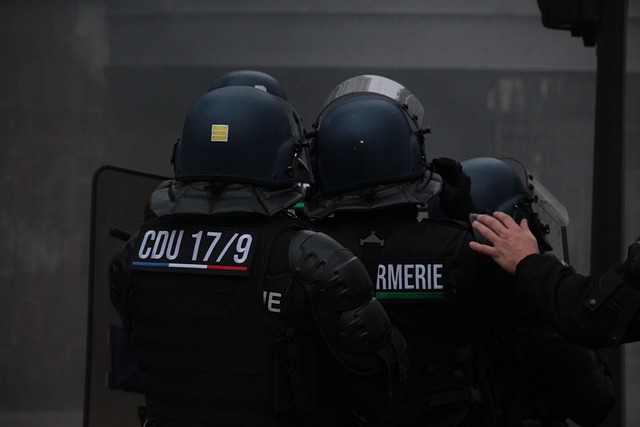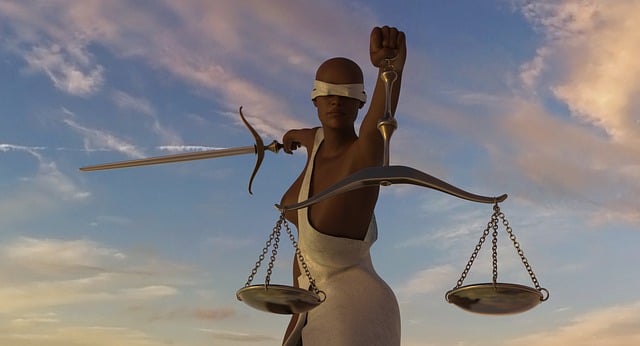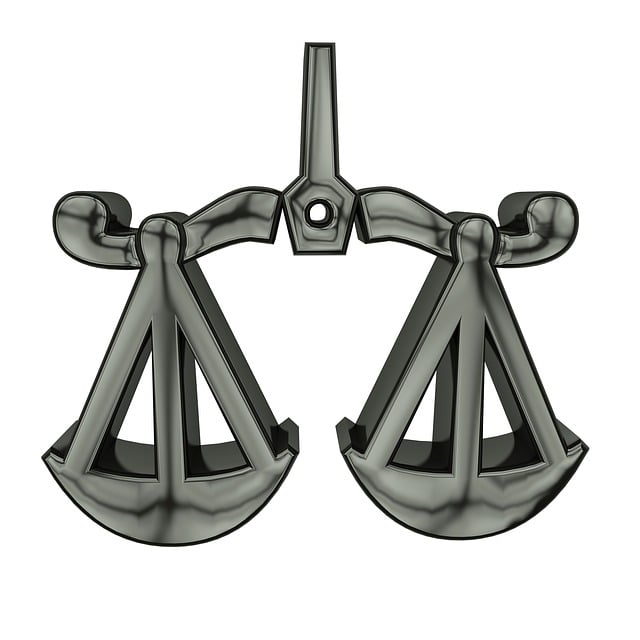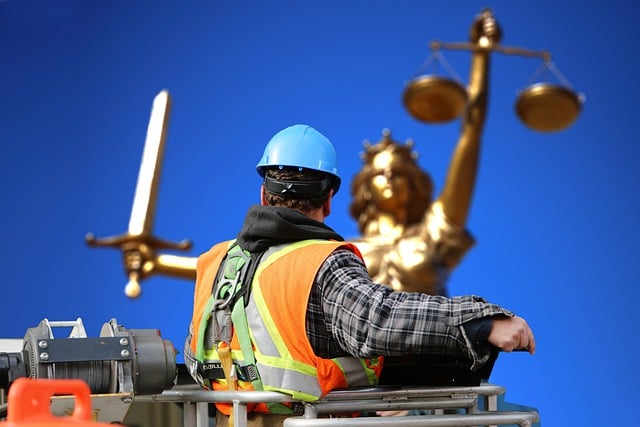“Delve into the captivating world of criminal law through a historical lens, exploring famous class action lawsuits that have left an indelible mark on justice. From defining moments like Brown v. Board of Education to iconic civil rights cases, this article unravels the impact and outcomes of landmark legal battles.
Discover how these high-profiled suits, spanning decades, shaped laws and fostered metamorphosis in societal perceptions. Uncover prevalent themes and gain insights into future implications, all while understanding the essence of class action lawsuits in criminal law.”
- Defining Class Action Lawsuits: Understanding the Basics
- Historical Landmark Cases in Criminal Law Suits
- High-Profiled Civil Rights Cases: A Focus on Justice
- Impact and Outcomes: How These Cases Shaped Laws
- Lessons Learned: Prevalent Themes and Future Implications
Defining Class Action Lawsuits: Understanding the Basics

Class Action Lawsuits are a powerful legal tool where one or more individuals represent a large group, or class, who have experienced similar harms or losses. This legal strategy allows for efficient resolution of complex cases involving numerous plaintiffs. By consolidating claims, these lawsuits can lead to significant outcomes, ensuring justice and compensation for those affected by specific issues.
Famous Class Action Lawsuits in History, such as those against major corporations for environmental damage or financial institutions for white-collar and economic crimes, have reshaped industries and influenced legal practices across the country. These cases not only bring accountability but also serve as a deterrent, encouraging organizations to adhere to ethical standards throughout all stages of the investigative and enforcement process.
Historical Landmark Cases in Criminal Law Suits

Throughout history, certain criminal law cases have emerged as pivotal moments, shaping the legal landscape for generations to come. These landmark decisions not only define legal precedents but also reflect societal shifts and evolving moral compasses. From high-profile murder trials to complex white collar fraud cases, these famous class action lawsuits in history have left indelible marks on criminal justice systems worldwide.
One notable example is the 1927 case Brown v. Board of Education, which challenged racial segregation in schools, igniting a movement for civil rights and influencing legal strategies for future social justice campaigns. Similarly, high-profile white collar defense cases have captivated public imagination, testing the boundaries between corporate responsibility and individual accountability within philanthropic and political communities. These historical trials not only establish legal norms but also serve as cautionary tales for corporations and individuals alike, underscoring the intricate balance between business pursuits and ethical conduct.
High-Profiled Civil Rights Cases: A Focus on Justice

High-profiled civil rights cases have played a pivotal role in shaping societal justice and ensuring accountability for historical injustices. These famous class action lawsuits in history, led by passionate attorneys for his clients, have fought against systemic discrimination and violation of civil liberties. Through meticulous research and strategic litigation, these cases have not only brought attention to profound social issues but also achieved extraordinary results across all stages of the investigative and enforcement process.
One notable example is Brown v. Board of Education (1954), which challenged racial segregation in public schools, ultimately leading to the desegregation of American education. This landmark decision set a precedent for numerous other civil rights cases, demonstrating the power of legal advocacy in driving social change. By examining historical cases and their outcomes, we can gain insights into the ongoing struggle for justice and continue to push for equality and fairness in all aspects of society.
Impact and Outcomes: How These Cases Shaped Laws

The outcomes of high-profile Criminal Law Cases often have profound effects on shaping legal landscapes, especially when it comes to famous class action lawsuits in history. These cases serve as pivotal moments, bringing attention to societal issues and prompting legislative changes. By examining the impact of such trials, we can understand how they navigate all stages of the investigative and enforcement process, from initial allegations to final verdicts.
Many landmark decisions have left an unprecedented track record in legal history, ensuring that general criminal defense strategies are adapted and refined. Through these cases, laws are interpreted, rights are protected, and wrongs are addressed, ultimately leading to a more just and adaptable justice system. This evolution is crucial in keeping up with societal changes and ensuring that legal frameworks remain effective tools for enforcement and protection.
Lessons Learned: Prevalent Themes and Future Implications

The study of criminal law cases offers invaluable insights through famous class action lawsuits in history. These landmark cases have shaped legal precedents and revealed recurring themes that continue to impact modern justice systems. By examining past victories, like winning challenging defense verdicts in high-profile white-collar and economic crimes cases, we can identify strategies and lessons learned that are applicable across the country.
Themes such as corporate accountability, regulatory oversight, and the importance of transparent business practices emerge consistently. These cases not only ensure justice for victims but also serve as deterrents, sending strong signals to corporations and individuals about the consequences of committing fraud or engaging in other illicit activities. Future implications include enhanced legal frameworks, improved regulatory bodies, and a heightened sense of public accountability, all of which are crucial for maintaining a fair and just society.
Famous Class action lawsuits in history have not only shaped criminal law but also served as a testament to the power of collective action. From landmark cases that defined civil rights to high-profiled instances where justice was served, these trials have left an indelible mark on society. By understanding the outcomes and lessons learned from historical landmarks like these, we can navigate complex legal issues in the future, ensuring that every individual’s rights are protected and respected. The impact of these cases reverberates through time, emphasizing the importance of standing up for what’s right and the potential to revolutionize laws and foster a fairer justice system.






